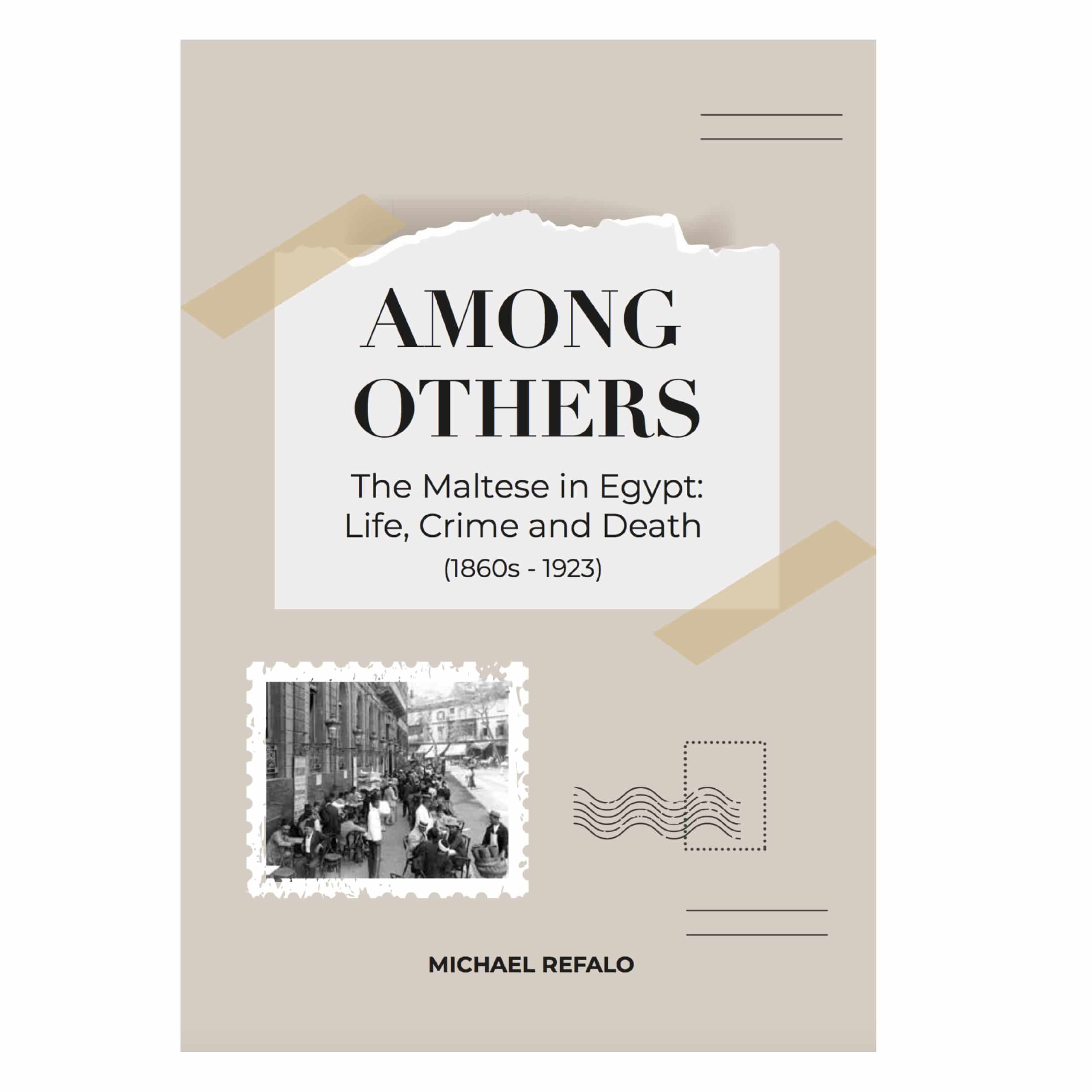
Among Others, The Maltese in Egypt: Life, Crime and Death (1860s-1923), Michael Refalo
€40.00
When Britain assumed its ‘veiled protectorate’, Egypt became more attractive to the Maltese who, themselves, were British subjects in virtue of the earlier colonization of their island by Britain. Based upon the records of the British Consular Courts in Egypt, this book delves into the relationships, the lives and deaths, the successes and the failures of this community which made Egyptian centres their home.
- Format:Hardback
- Pages:464 - 432 b&w, 32 colour
- Year:2021
- ISBN:9789918230211
- Dimensions:24.5 × 16.8 cm | 1000g
- Social Share:
Description
Egypt was not the most popular migrant destination for the Maltese. Nevertheless, the opportunities for work (those connected to the Suez Canal among others), and the British quasi-colonial status of the country for most of the period covered by this book, attracted many Maltese to Cairo, Alexandria, Port Said and other Egyptian centres. This book is based upon primary sources which have never been used by Maltese historians to date. It analyses in detail the lives of those migrants and their descendants. Particular attention is devoted to the family, the residence and the neighbourhood, the crimes they committed, their death and their succession strategies. Not all Maltese were financially successful; many languished at the bottom rungs of society. All, somehow or other, managed to make of Egypt their home and managed to adapt in a heterogeneous community that included migrants from different localities as well as Egyptians.
Publication date: 25 June 2021
Additional information
| Weight | 1000 g |
|---|---|
| Dimensions | 24.5 × 16.8 cm |
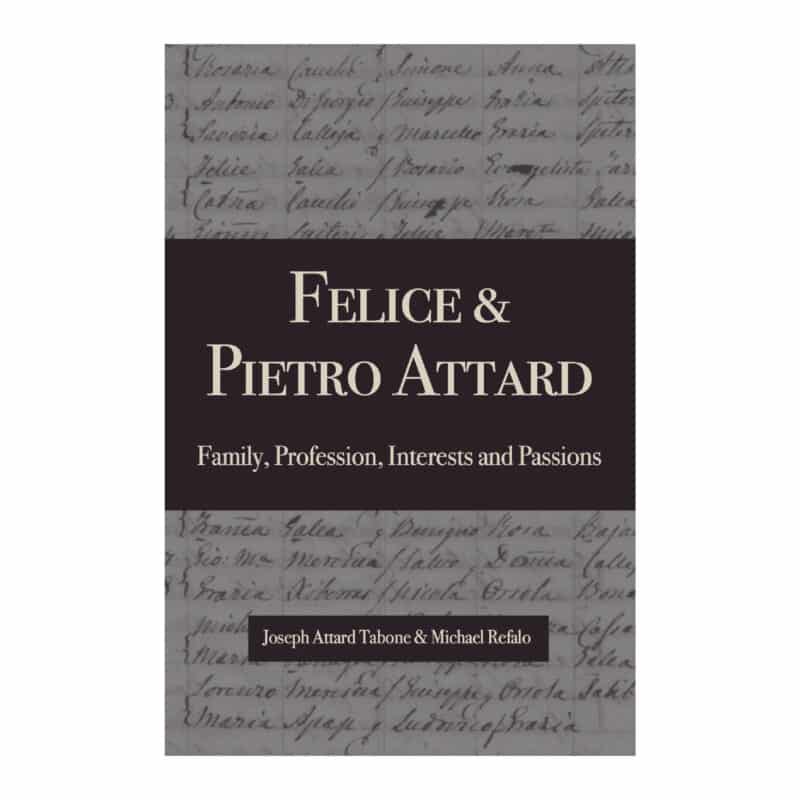
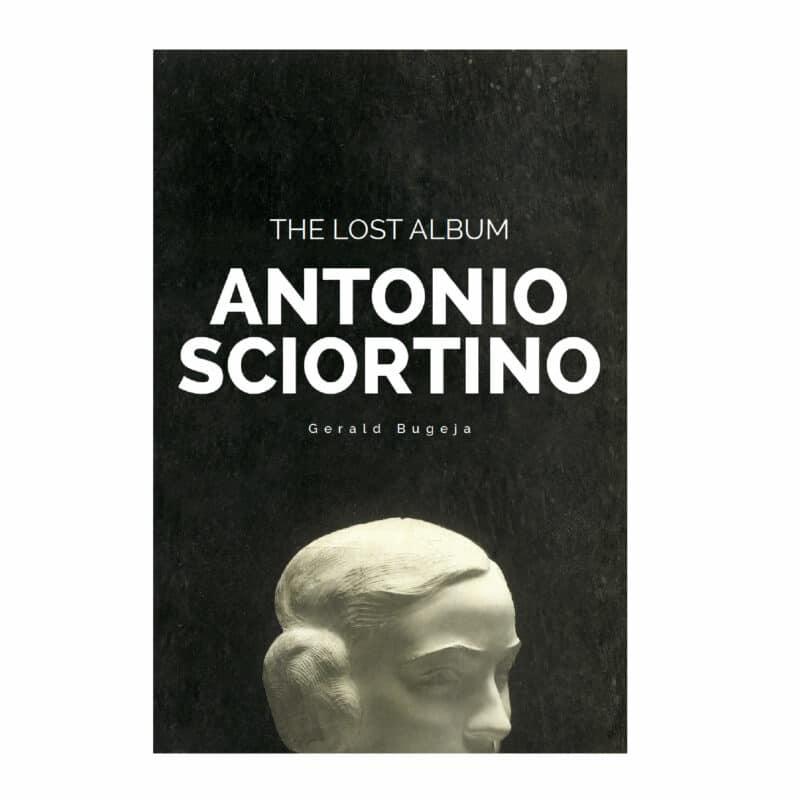
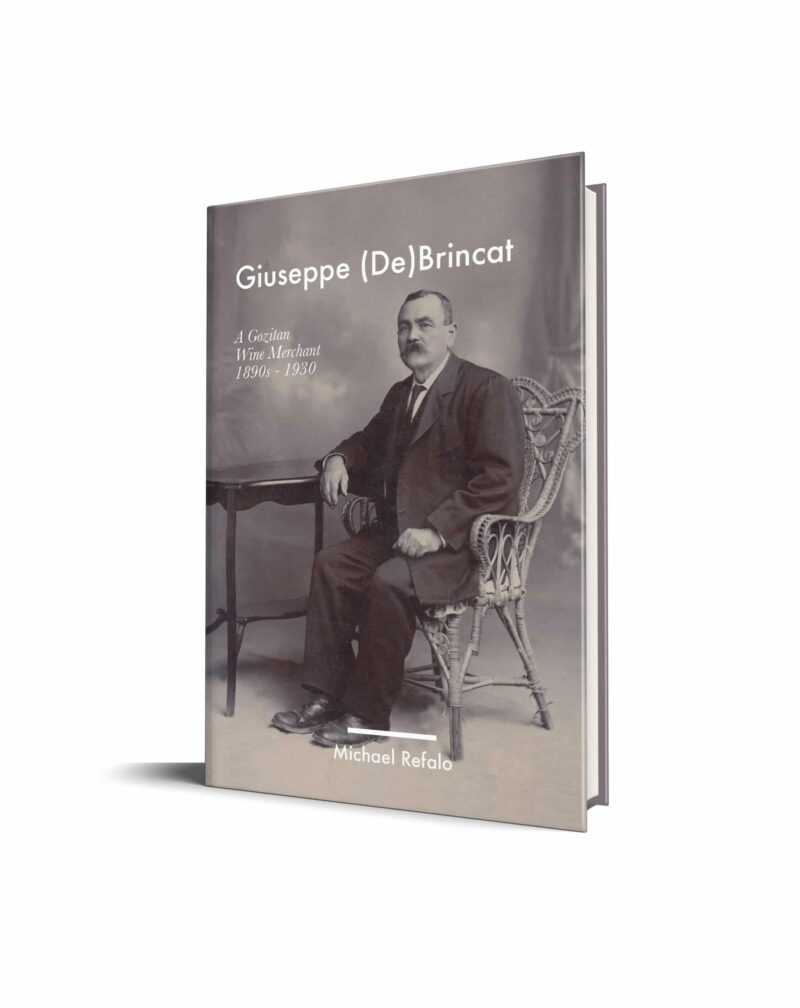
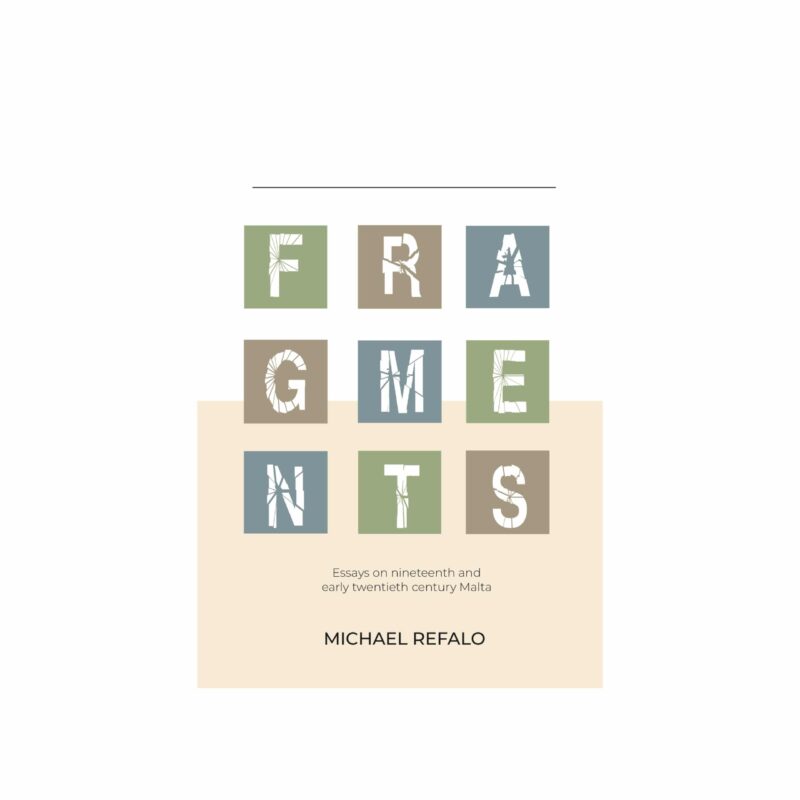

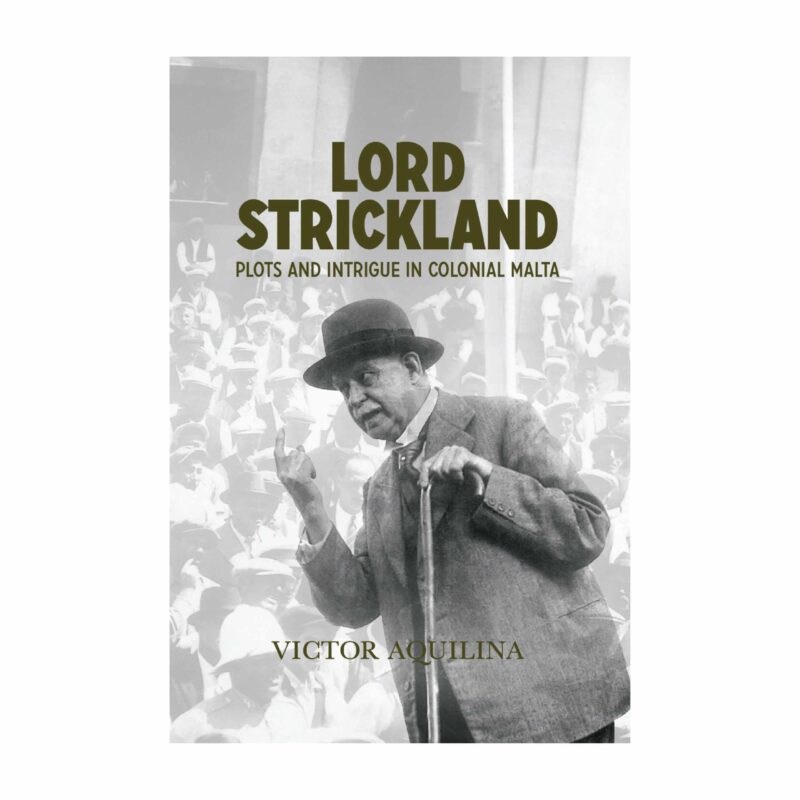


Mark Vella, Illum, 9 ta’ Novembru 2021 –
Silta mir-riċensjoni ta’ Mark Vella ippubblikata fil-gazzetta Illum fid-9 ta’ Novembru 2021
“It-teżi ta’ Refalo, fil-fatt, titratta l-klassi kummerċjali mill-aspett tal-familji u tan-networks, ix-xbieki tal-kuntatti u tar-relazzjonijiet, u hemmhekk l-istorja tieħu l-ħajja, anki mil-lat editorjali, għall-qarrej medju wkoll li jrid jifhem id-dinamika ta’ x’wassal għall-fatt storiku li jibqa’ jissemma. Bħal arloġġ sabiħ u fin jew inkella xi inġenju imponenti, il-kurżità taf twasslek biex tistaqsi x’hemm warajhom u xi jħaddimhom, u l-faxxinu jsir il-fehim tal-korrispondenza indispensabbli bejn kull biċċa tal-magna, sal-inqas rota u skorfina.”
Riċensjoni sħiħa – https://www.illum.com.mt/kultura/arti/63956/kotba__mixxejn_listorja#.YdNWGGjMI2w
Evarist Bartolo, Minister for Foreign and European Affairs, The Malta Independent –
Last year, we also helped publish Michael Refalo’s detailed research on the Maltese and Egypt in the 19th century. His book ‘Among others’ is ground-breaking and should serve as a model for other historical studies of Maltese migration in the Mediterranean and beyond.
Refalo looks at the world of the Maltese in Egypt between 1860 and 1923 “from below”. He analyses the Maltese living among others in Egypt, not by focussing solely on famous individuals who made a name for themselves, but on the daily lives of the many ‘ordinary and anonymous’ men, women and children who are usually reduced to silence in traditional historical accounts given “from above”.
Through painstaking and pioneering research on primary sources, Refalo brings to life the Maltese who lived mostly in Cairo and Alexandria, but also in Port Said and Suez. They lived among fellow British subjects (as Malta was then a British colony and Egypt a British protectorate) but also among migrants coming from Greece, Italy and other Arab countries, Armenians and others.
The rich tapestry that emerges from Refalo’s research has neither sentimentalism nor triumphalism. Using the historical method of Antonio Gramsci, himself a Sardinian migrant in Genoa and Turin, Refalo locates the Maltese migrants as ‘subalterns’, concentrating on their coping and survival strategies to provide a living for themselves and their families.
Gramsci’s subaltern perspective tries to understand society through conditions of subordination of people belonging to the different caste, class, age, gender, race etc. It seeks to present an alternate image of society through the viewpoint of the masses who are usually unrepresented.
Refalo shows us how a number of Maltese managed to emerge from their low status and were successful in commercial and professional fields. While trying to recreate, in Egypt, a home away from home, the Maltese still felt uprooted and had to struggle not only at the bottom of the social and economic pyramid, but also compete with other migrants who had also left their countries because they could not find employment and build a decent life where they were born.
Although the Maltese were British subjects, the British still looked down on them. Refalo also recounts how the Maltese related to other migrants, entered into business with them, quarrelled, married, fought, pimped, formed criminal gangs with Italians, Greeks and other migrants as well as with Egyptians. As expected, looking at life ‘from the underside’, reveals the “family skeletons” within the closets of the Maltese in Egypt.
Refalo also compiles an impressive statistical account of how many Maltese emigrated to Egypt, from which towns and villages they came, their professions and trades, ages and marital status. He narrates the daily lives of the Maltese in Egypt, where they lived, their homes and relations with their neighbours and involvement in the community at large. He describes their family lives: their marriage and remarriage and children at work.
Refalo gives us an account of the wealth creation and business and professional success of those who made it, but also the difficult lives of those who remained poor and marginalised. He tells us about the crimes they committed and how both the rich and the poor died, including their accidental death and suicide and shares with us their testaments.